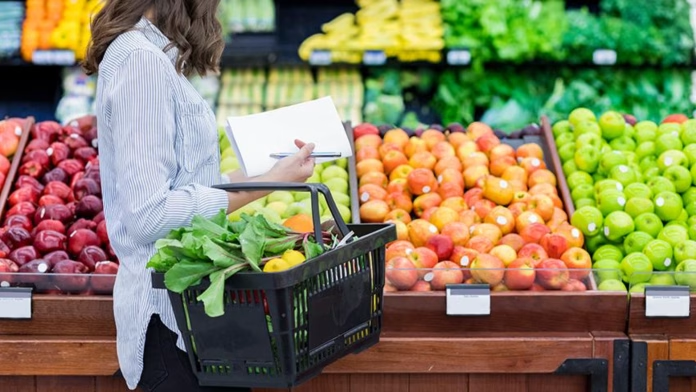According to a government document revealed on Friday, the Italian government is currently engaged in efforts to mediate an agreement between supermarkets and producers. The objective is to regulate the prices of vital consumer goods during the last quarter of the year.
As per a draft Memorandum of Understanding seen by Reuters, Industry Minister Adolfo Urso is in talks with market players to establish an agreement aimed at providing a selection of everyday food and non-food items at fixed prices during the period from October to December.
As part of the government-supported initiative, supermarket chains are required to specify a collection of essential food and non-food items, forming a basket to which reduced prices will be applied. Notably, alcohol will be excluded from this designated basket.
Basic necessities would include childcare and personal care products, the document said. Distributors of such products should inform the government by Sept. 15 about their intention to join the initiative, it said.
The discussions arise in response to public frustration over the consistently high inflation rate, which has become a significant challenge for nationalist Prime Minister Giorgia Meloni.
According to EU-harmonized consumer prices (HICP) data, Italian annual inflation decelerated to 6.7% in June, down from 8% in May. Specifically, the yearly growth rate of prices for food, household, and personal care items also decreased in June, reaching 10.5% from 11.2%. However, it remained substantially higher than the overall index, with an increase of over 50%.
Rome’s apprehension is not solitary, as various governments in countries ranging from France to Britain are also contemplating or implementing measures to curb inflation.
As per the Italian proposal, retail stores participating in the campaign would be distinguished by government window stickers in the colors of the Italian flag (green, white, and red). These stickers would bear the words “anti-inflation quarter,” alluding to the final three months of the year.
The document mentioned that Meloni’s office intends to support the initiative through state-funded advertising as a component of a nationwide campaign.
At the beginning of this month, Rome unveiled a scheme to provide debit cards to 1.3 million underprivileged families, granting them a one-time subsidy of 382.50 euros ($421.25) for grocery expenses. However, this plan received criticism due to its restrictions on the eligible households and the types of food that can be purchased with the subsidy.
In May, the government scaled back a more extensive poverty relief initiative called the “citizens’ income,” which had been in effect since 2019. Meloni asserted that this program enabled individuals to become complacent and avoid seeking employment.





